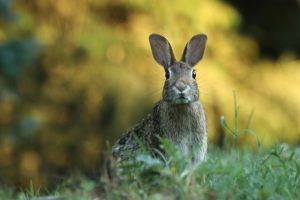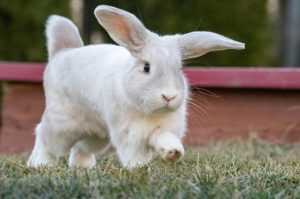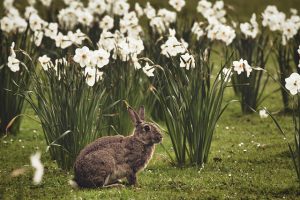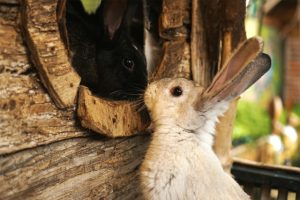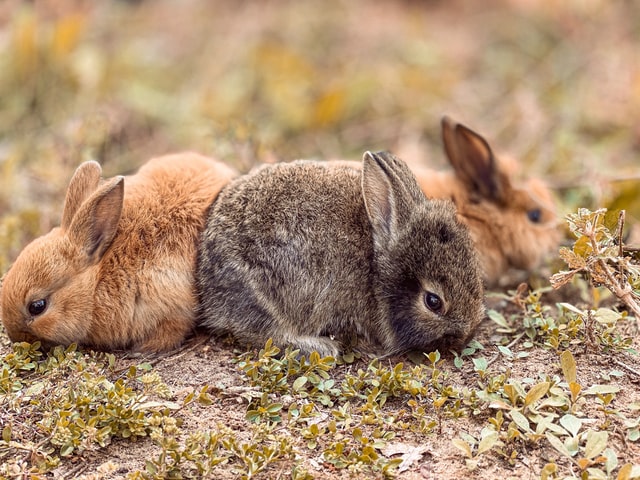
Rabbits have a specialized digestive system.
Contents
- Rabbit digestive system
- Anatomy of the rabbit's digestive tract
- Why should rabbits eat rat poison?
- How can I tell if my rabbit has swallowed rat poison?
- How long does it take before rabbits show symptoms of rat poison?
- How is rat poisoning diagnosed in rabbits?
- Can rat poison be fatal to rabbits?
- Symptoms of poisoning in rabbits
- What foods can kill a rabbit?
- What plants kill rabbits?
- Live alternative measures
Their distinctive ability to process fiber and nutrients makes them adaptable to many different environments.
Still, their unique digestive system means that their caretakers must take extra care when feeding them.
Rabbit digestive system
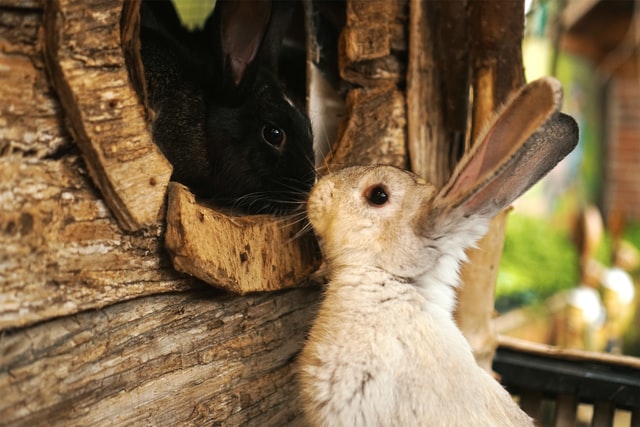
Maintaining a healthy rabbit digestive system. Rabbits are herbivores, which means they only eat plants. They have a specialized digestive tract to adapt to this diet. Did you know that rabbits can eat up to 30 times a day and consume 2-8 grams of food per meal?
They also cannot vomit and produce 2 types of feces, one of which they consume. Read our article to learn more about the rabbit's digestive tract and how to keep it healthy.
Anatomy of the rabbit's digestive tract
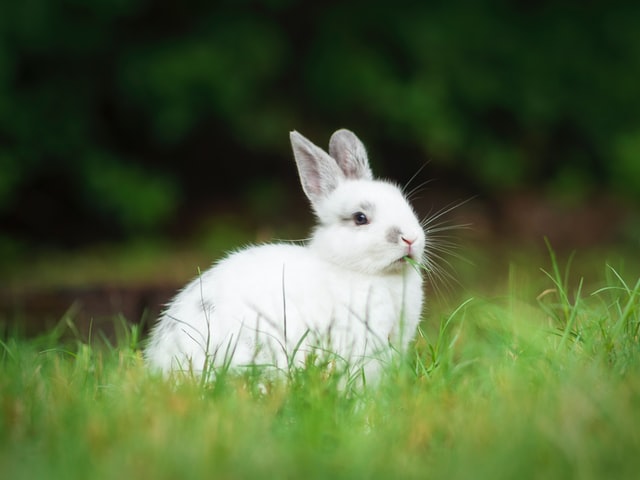
- Rabbits have one stomach, a small intestine consisting of 2 parts called the jejunum and ileum, and a large intestine comprised of the cecum and a specialized colon that can separate food particles.
- Rabbits have a reasonably rapid transit time through the digestive tract, meaning that from the time the food is ingested, it can be processed through the entire digestive tract in about 19 hours.
- Rabbits eat plant material by chewing the food up to 120 times per minute and then swallowing it as it passes through the esophagus into the stomach.
The rabbit's stomach. The stomach has 2 sphincters, one at the entrance and one at the exit to the small intestine. The entrance sphincter, called the cardiac sphincter, is very strong and prevents rabbits from vomiting. The stomach excretes acid and pepsin to start breaking down the food. The pH of the stomach is very acidic compared to humans. The food should leave the stomach within 3 to 6 hours and pass into the small intestine.
Small intestine. Food passes quickly through the small intestine and into the cecum, taking only about 30 to 60 minutes. Once the food material is in the small intestine, the body can begin to absorb nutrients such as lipids, electrolytes, and amino acids. The small intestine also secretes a substance called bicarbonate, which neutralizes the high levels of acid that have been introduced from the stomach.
The end of the small intestine enlarges into an area called the sacculus rotundus and consists mainly of lymphoid tissue. There are smaller patches of lymphoid tissue in the small intestine called Peyer's patches. These areas of lymphatic tissue are essential for overall immune health, so maintaining a healthy gastrointestinal tract is crucial to maintaining a healthy immune system in the rabbit.
Large intestine and cecum. The food then enters the large intestine and goes into the cecum. Digestible fiber and starches are broken down by fermentation and contain good microorganisms in the cecum. If the good bacteria are altered, it can lead to an overgrowth of pathogens called dysbiosis, fatal.
The cecum holds 10 times more material than the stomach, and on average, 40% of food is in the cecum at any given time. Some nutrients are then absorbed through the cecum wall, while others are converted to cecotropes and eliminated rectally for rabbits to consume.
The beginning of the colon, called the proximal colon separates the digestive material into digestible and indigestible material. The digestible material is then carried back to the cecum, and the indigestible material is formed into fecal pellets and removed from the digestive tract. The cecum is also very important for water resorption.
Rabbit feces. The rabbit will produce 2 types of wastes, hard feces, and soft cecotropes. Hard feces is excreted during or shortly after eating. Smaller and more delicate cecotropes are often eliminated at night or at least 4 hours after eating. Rabbits swallow them directly from the anus. Cecotrophs contain good bacteria and nutrients and are critical to maintaining a healthy gastrointestinal tract.
Why should rabbits eat rat poison?
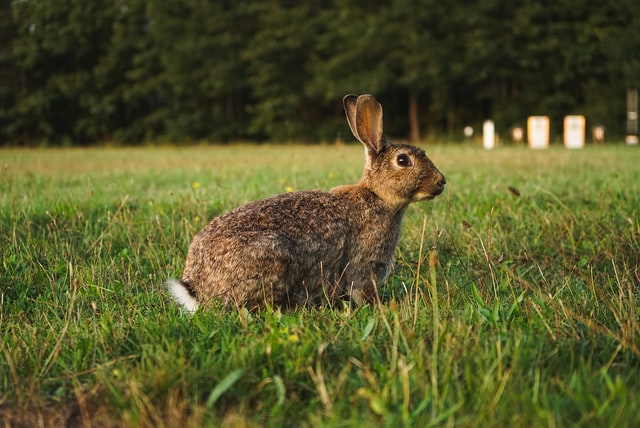
Rat poisons are designed to attract the rats and mice for which they are intended. However, your rabbits might find them equally attractive. Moreover, many brands of rat poison look very much like the pellets you may feed your rabbit. Therefore, extreme caution is advised.
How can I tell if my rabbit has swallowed rat poison?
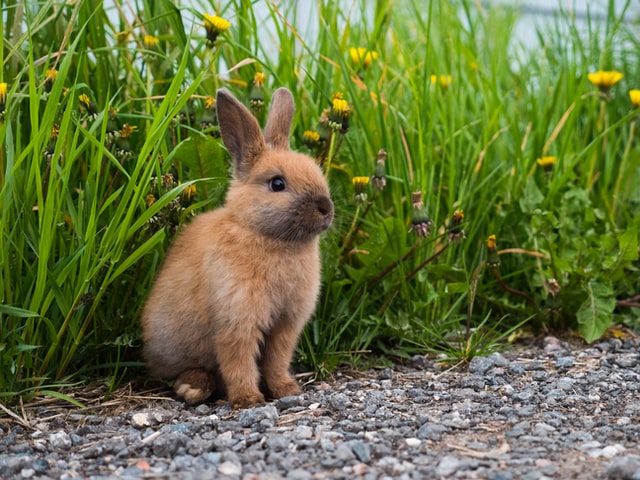
Of course, you don't keep track of your rabbit's every move, so chances are that if your rabbit has swallowed rat poison, you may not know it has happened.
That being said, it is essential to know the symptoms.:
- Blood in the pee (hematuria) - you may see marks on the urine in your rabbit's cage.
- Pain or difficulty breathing (dyspnea) - Rabbits are usually panting if they have difficulty breathing.
- Muffled/distorted heart or lung sounds - It may be necessary to pick up your rabbit, put your ear to its chest and listen for any abnormalities.
- Lethargy/slowed behavior - Your rabbit might not be as energetic as usual if he has eaten rat poison.
- Depression - Your bunny may start sulking in the cage and be reluctant to engage in normal behaviors.
- Swollen joints - a careful inspection of your rabbit's extremities might reveal abnormal swelling.
- The pallor of the mucous membranes - refers to the moist tissues lining the mouths of the body, such as the nose). These membranes are usually intensely pink. If they take on a whitish tinge, this may cause concern.
How long does it take before rabbits show symptoms of rat poison?
Rat poison does not cause immediate symptoms in rabbits. Symptoms may not appear until several days later. It also depends on the volume of rat poison eaten and the number of clotting factors circulating in the rabbit's blood.
How is rat poisoning diagnosed in rabbits?
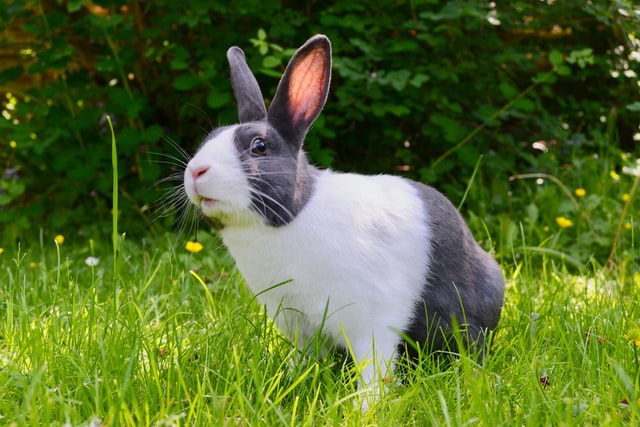
If you suspect your rabbit has been exposed, your veterinarian will perform the following tests to confirm or rule out rat poisoning:
- Blood analysis and liver sample (these are the most reliable tests)
- Blood test
- X-rays
- Urine tests
The first thing you need to know is how rat poisons should work. Actually, all rat poisons don't work in the same way. They can basically be divided into two groups: anti-coagulants and non-anti-coagulants. This simply means that some cause internal bleeding and those that do not. Anticoagulant rat poisons contain an ingredient that prevents your rabbit's blood from clotting, and your rabbit will undoubtedly bleed.
Anticoagulant drugs include bromadiolone, chlorophacinone, brodifacoum, difethialone, and warfarin. This way, you will know the effects of what you are buying and the potential risks to your rabbits. NSAIDs work in a variety of ways. Some affect the nervous system, some cause calcium to build up in the body, and some affect significant organs such as the heart, liver, kidneys, and brain. Examples include zinc phosphide,
Can rat poison be fatal to rabbits?
Absolutely it can! If your rabbit has eaten a large amount of rat poison and does not receive timely medical attention, it will die. Also, keep in mind that having your rabbit consume small amounts of rat poison over an extended time can be more dangerous than ingesting large quantities of poison alone. If you suspect that your bun has ingested rat poison, seek medical attention immediately.
Symptoms of poisoning in rabbits
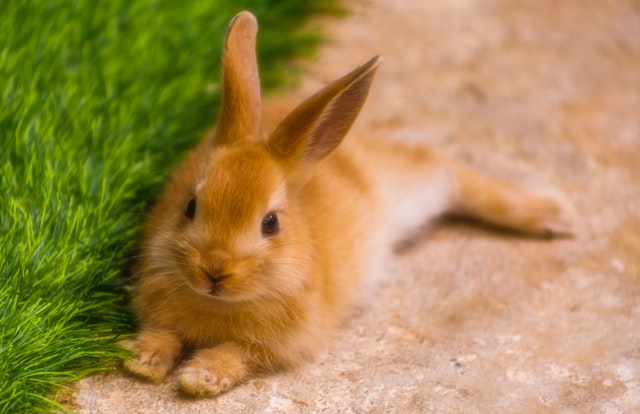
Depending on how long the poisonous compound was present in the rabbit's body, the severity of the symptoms, and the current age and health of the rabbit, the resulting toxicity will range from mild to severe.
- Abdominal tenderness
- External or internal bleeding
- Depression
- Diarrhea
- Vomiting
- Difficulty or difficulty breathing
- Elevated or low body temperature
- Slumped posture
- Intestinal inflammation
- Irregular pulse rate
- Lack of appetite for food or water
- Lethargy
- Mouth irritation
- Pain
- Epileptic seizures
- Weakness
- Death
What foods can kill a rabbit?
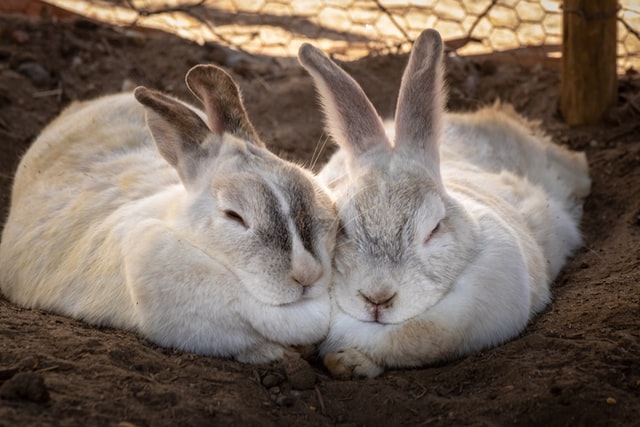
- Yogurt Drops.
- Bread, Pasta, Cookies, and Crackers.
- Avocados.
- Cereal.
- Iceberg lettuce.
- Beet.
- Hamster food.
- Walnuts.
What plants kill rabbits?
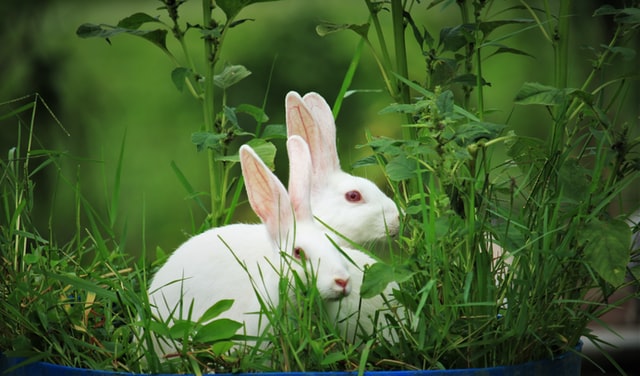
Rabbits avoid some of the same plants as deer and Japanese beetles.
- Azalea (Rhododendron sp.)
- Adam's needle (Yucca filamentosa)
- Fourth-hour flower (Mirabilis jalapa)
- Daffodil (Narcissus sp.)
- Asparagus.
- Basil.
Live alternative measures
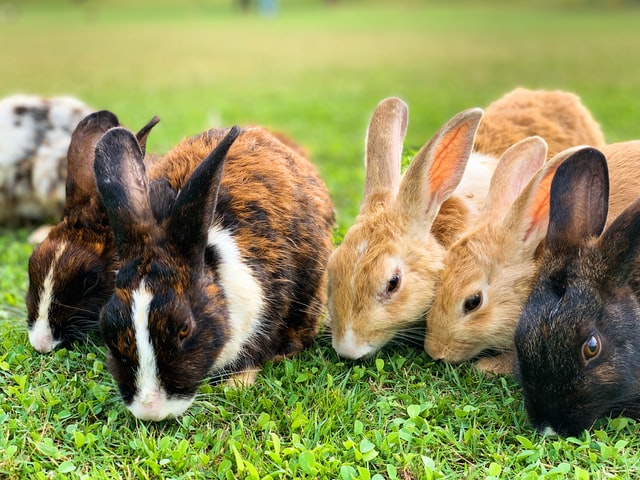
There are other ways to deal with a rat infestation than using rat poison. Here are some of the best safe suggestions
- Rat traps are good old traps set with a piece of cheese or another tempting treat. These traps do not use toxic substances that can harm your rabbits.
- Peppermint oil - Peppermint oil has proven to be an excellent rat deterrent. There are two ways to use peppermint oil to get rid of rats in your home.
- You will need a spray bottle, spearmint oil/peppermint extract, and water. Pour a glass of water into the spray bottle and add about 15-20 drops of peppermint oil or extract. Give it a good shake and spray areas of the house that you consider may attract rats. Start by spraying the corners of the kitchen, the inside of the pantry, and cabinets. The garage is also a pretty good bet. Of course, if you've seen a rat in a particular room, start there. We also recommend not overdoing it with the amount of spray.
- You can also soak cotton balls and place them in rooms you suspect have rats.


